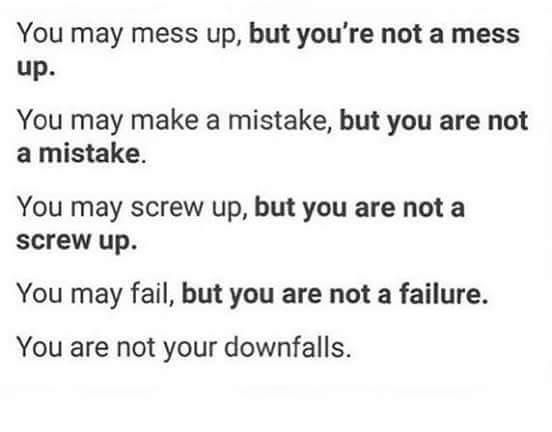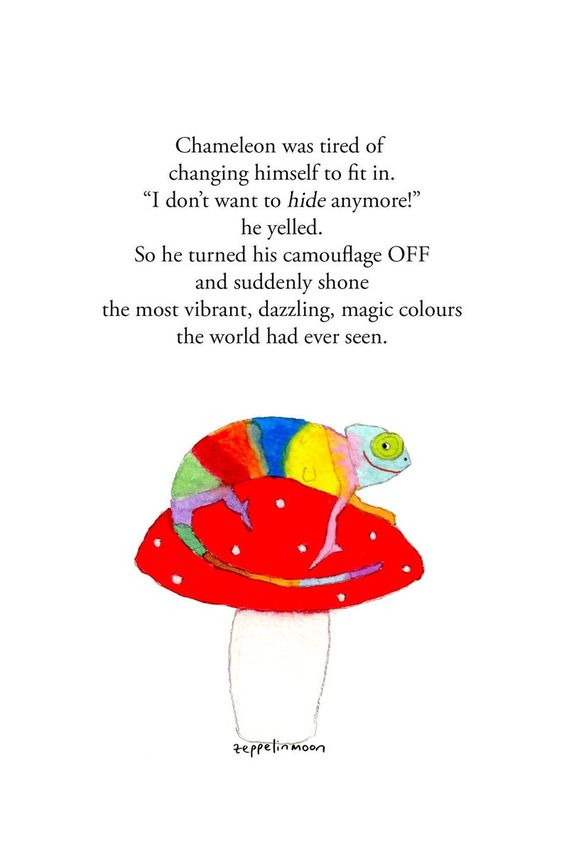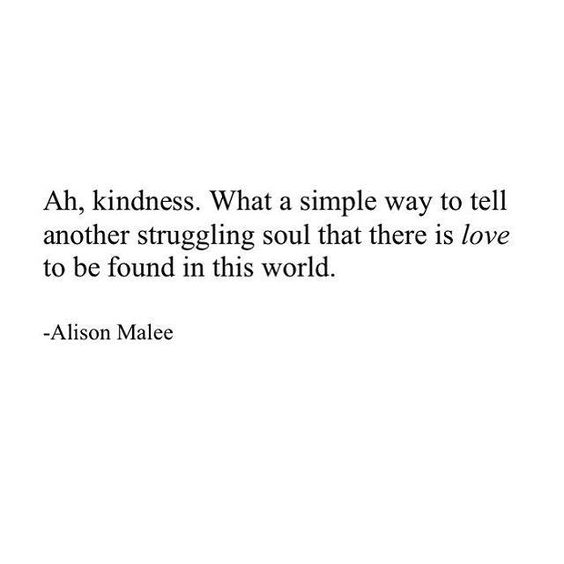Archives
“When you see someone often flashing their rank or position, or someone whose name is often bandied about in public, don’t be envious; such things are bought at the expense of life… Some die on the first rungs of the ladder of success, others before they can reach the top, and the few that make it to the top of their ambition through a thousand indignities realize at the end it’s only for an inscription on their gravestone.”
Seneca, On The Brevity Of Life, via The Daily Stoic (Page 222)
“It can be so easy to get distracted by, even consumed by, horrible news from all over the world. The proper response of the Stoic to these events is not to not care, but mindless, meaningless sympathy to these events does very little either (and comes at the cost of one’s own serenity, in most cases). If there is something you can actually do to help these suffering people, then, yes, the disturbing news (and your reaction to it) has relevance to your reasoned choice. If emoting is the end of your participation, then you ought to get back to your own individual duty—to yourself, to your family, to your country.”
Ryan Holiday, The Daily Stoic (Page 221)
“It seemed that now, Kya being more vulnerable than ever, was reason to trust others even less. Standing in the most fragile place of her life, she turned to the only net she knew—herself.”
Delia Owens, Where The Crawdads Sing (Page 285)
Broken Gull of Brandon Beach
Winged soul, you danced the skies, And startled dawn with shrilling cries. You followed sails and braved the sea, Then caught the wind back to me. You broke your wing; it dragged the land And etched your mark upon the sand. When feathers break, you cannot fly, But who decides the time to die? You disappeared, I know not where. But your wing-marks still linger there. A broken heart cannot fly, But who decides the time to die?
Delia Owens, Where The Crawdads Sing (Page 276)
Fading moon, follow My footsteps Through light unbroken By land shadows, And share my senses That feel the cool Shoulders of silence. Only you know How one side of a moment Is stretched by loneliness For miles To the other edge, And how much sky Is in one breath When time slides backward From the sand.
~ Delia Owens, Where The Crawdads Sing (Page 214)
I must let go now. Let you go. Love is too often The answer for staying. Too seldom the reason For going. I drop the line And watch you drift away. All along You thought The fiery current Of your lover's breast Pulled you to the deep. But it was my heart-tide Releasing you To float adrift With seaweed.
~ Delia Owens, Where The Crawdads Sing (Page 213)
“She laughed for his sake, something she’d never done. Giving away another piece of herself just to have someone else.”
Delia Owens, Where The Crawdads Sing (Page 177)
“The lonely became larger than she could hold. She wished for someone’s voice, presence, touch, but wished more to protect her heart.”
Delia Owens, Where The Crawdads Sing (Page 146)
“She never collected lightning bugs in bottles; you learn a lot more about something when it’s not in a jar.”
Delia Owens, Where The Crawdads Sing (Page 142)
“The difference between the neurotic and the creative is that the neurotic is precisely the one who cannot create. He cannot marshal a response. Both the artist and the neurotic are really sensitive. They both are overwhelmed by the world. They both take in the world and are wrestling with the world. But, the artist takes that in and reworks it into an active work project—there is kind of a feedback loop, a circularity. There’s a response that says, ‘I am here. I felt this. And it matters.’ And it is in the ability to respond to that experience that solicits a kind of exorcism that frees you from your demons. The neurotic cannot do that. So he chokes on his introversions.”
Jason Silva, via Aubrey Marcus Podcast
“On every trip to Kya’s, Tate took school or library books, especially on marsh creatures and biology. Her progress was startling. She could read anything now, he said, and once you can read anything you can learn everything. It was up to her. ‘Nobody’s come close to filling their brains,’ he said. ‘We’re all like giraffes not using their necks to reach the higher leaves.'”
Delia Owens, Where The Crawdads Sing (Page 131)
“And just at that second, the wind picked up, and thousands upon thousands of yellow sycamore leaves broke from their life support and streamed across the sky. Autumn leaves don’t fall; they fly. They take their time and wander on this, their only chance to soar. Reflecting sunlight, they swirled and sailed and fluttered on the wind drafts.”
Delia Owens, Where The Crawdads Sing (Page 124)
“Just as she cast, a stick snapped behind her. She jerked her head around, searching. A footfall in brush. Not a bear, whose large paws squished in debris, but a solid clunk in the brambles. Then the crows cawed. Crows can’t keep secrets any better than mud; once they see something curious in the forest they have to tell everybody. Those who listen are rewarded: either warned of predators or alerted to food. Kya knew something was up.”
Delia Owens, Where The Crawdads Sing (Page 86)
“As we begin to make progress in our lives, we’ll encounter the limitations of the people around us. It’s like a diet. When everyone is eating unhealthy, there is a kind of natural alignment. But if one person starts eating healthy, suddenly there are opposing agendas. Now there’s an argument about where to go for dinner. Just as you must not abandon your new path simply because other people may have a problem with it, you must not abandon those other folks either. Don’t simply write them off or leave them in the dust. Don’t get mad or fight with them. After all, they’re at the same place you were not long ago.”
Ryan Holiday, The Daily Stoic (Page 214)





